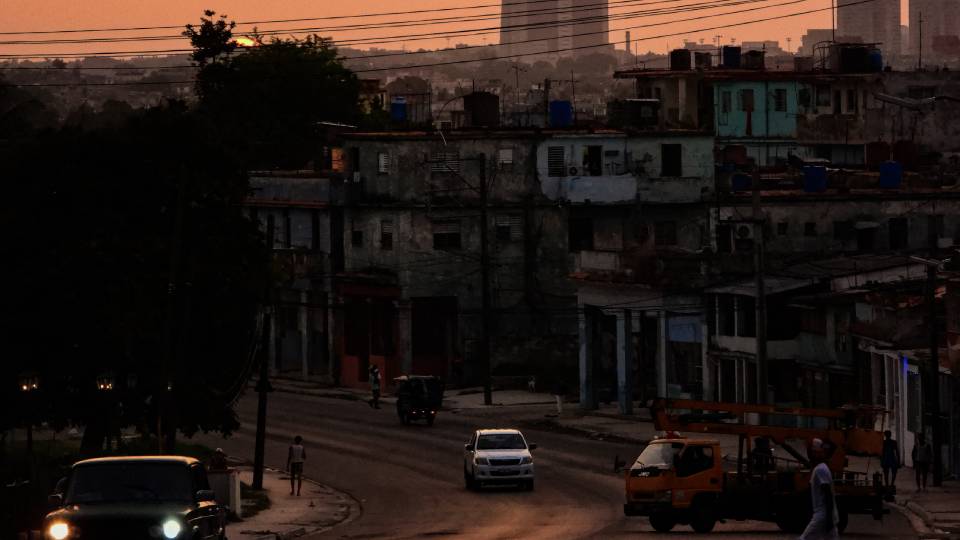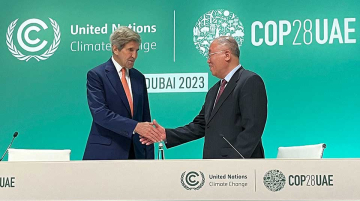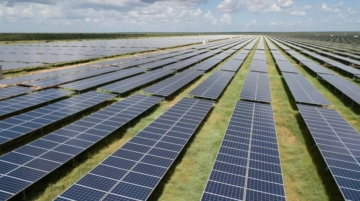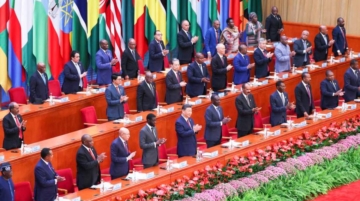
Cuba is in the middle of a profound energy crisis — and China sees an opening. As Havana struggles with crumbling infrastructure, dwindling oil imports, and a decades-long economic downturn, Beijing is stepping in to fill the void left by its traditional allies, Russia and Venezuela. The energy sector is emerging as the linchpin of this new strategic alignment and stands to reshape the balance of power in the U.S.-dominated Caribbean.
Despite its size, Cuba has long maintained an outsized presence in global politics—from the Cold War era to the present. Today, under President Miguel Díaz-Canel, the country is navigating both an internal leadership transition and shifting global alliances. With support from Moscow and Caracas increasingly constrained, Havana is turning to Beijing. The energy sector is emerging as the clearest expression of this realignment.
Cuba’s Power Grid on the Brink
Cuba’s energy sector is aging. Its infrastructure is completely outdated and inadequately maintained, and the country relies heavily on oil for electricity generation. The crisis has intensified for Havana as a result of fuel import shortages from Moscow and Caracas, which were once Cuba’s main suppliers.
While Cuba has made some headway in diversifying its suppliers (notably with imports from Mexico), it remains highly dependent on Venezuela and Russia.
For Russia and Venezuela, the value of their partnership with Havana has long been geopolitical, not economic. Romanticized solidarity, coupled with mutual strategic interests, has sustained the bond. Havana, after all, has played a key role in the survival of the Maduro regime in Venezuela and has served as an all-weather partner to Russian president Vladimir Putin on the global stage.
A Caribbean Opportunity
The current situation offers a distinct window of opportunity for China. Since China is not an oil exporter, it cannot cover the shortages left by Venezuela and Russia. What it does have, however, is a massive overcapacity in solar panel production.
For Chinese firms looking to offload excess inventory and for policymakers eager for a political win in the region, helping Cuba pivot to renewables is a perfect fit.
The Cuba-China energy partnership is already significant. Currently, China is building 92 solar parks that could total 2,000 MW capacity. More than half of that capacity is expected to be operational by January 2026.
This initiative is central to Havana’s goal of reaching 24% renewable energy by 2030. Beijing is also providing technical assistance to modernize Cuba’s electrical grid by introducing photovoltaic technology. All of this would make Cuba less reliant on fuel imports.
Moscow and Caracas Sidelined
For Caracas and Moscow, this development represents a strategic blow in their relations with Havana. Although it was initially thought that China and Russia were working together in Cuba’s energy sector, the scale and speed of Chinese investment suggest something else: a quiet displacement of Moscow as Havana’s most important partner. This has been especially evident since 2018, when Cuba joined China’s Belt and Road Initiative, paving the way for a wave of Chinese-backed projects on the island.
A Long Legacy of Strategic Maneuvering
Cuba’s relationship with the United States has always been a complex one. From the Platt Amendment in 1901 to the 1959 revolution, and from the Bay of Pigs to the Missile Crisis, Cuba has long been a thorn in Washington’s side, while the Cuban regime has tried to garner anti-American sentiment among its population.
Now, amid rising tensions between the U.S. and China, Havana’s energy partnership with Beijing is seen in Washington D.C. as a part of a broader Chinese strategy to contest U.S. primacy in the Caribbean. This, together with claims of spying facilities or bases in Cuba run by the Chinese, has set the stage for continued geopolitical tensions with the island as one of its theaters.
For Beijing, getting involved in Cuba’s energy crisis means obtaining another strategic foothold in the Caribbean, one that could significantly impact dynamics in the region. For Cuba, the calculus is more existential. The Cuban regime is long accustomed to adversarial ties with the U.S., but it remains to be seen whether deepening ties with Beijing will further strain that relationship.
The regime has long survived through alignment with powerful patrons. But that strategy requires agility and autonomy. The question is whether Díaz-Canel and his successors can maintain that balance.












